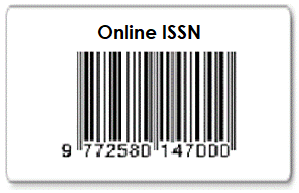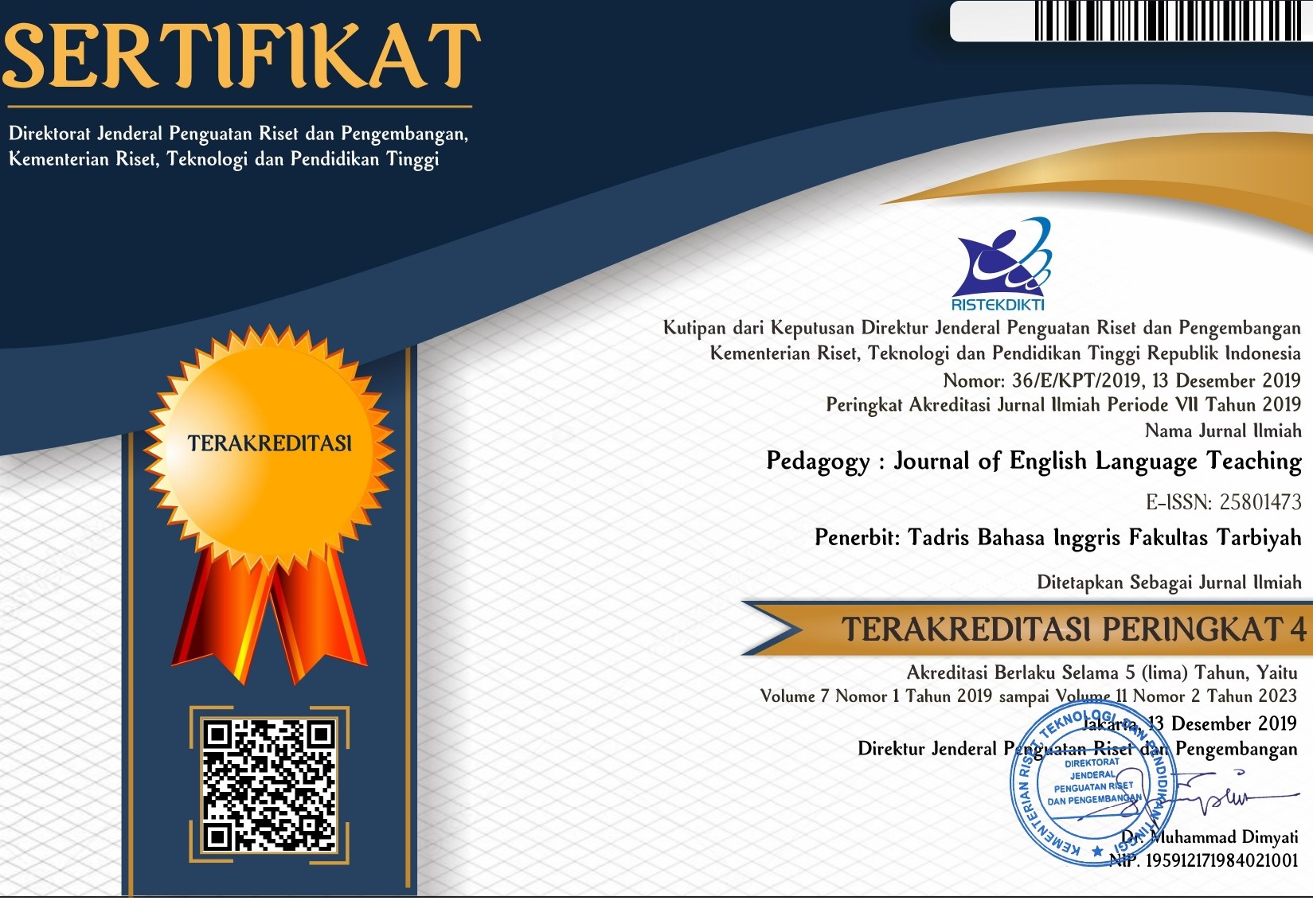English Pre-service Teachers’ Responses to Writing Online Instruction and Critical Teacher Feedback
DOI:
https://doi.org/10.32332/joelt.v11i2.7388Keywords:
Online learning, writing skills, critical teacher feedbackAbstract
The use of online learning facilitates pre-service teachers to attain effective learning activities with proper teaching materials. This study is aimed at investigating pre-service English teachers’ responses to online instruction and responses to critical teacher feedback. This study is categorized as a qualitative study. This kind of study is chosen because researchers need to attain data relating to responses, attitudes, or opinions. The data of this study cover the pre-service teachers’ opinions on their writing online instruction and on their critical teacher feedback during the teaching of writing fully online. The data are presented in the form of percentages and reasons for their responses to the two issues. The percentage data are used to strengthen the pre-service teachers’ opinions or responses to writing online instruction and critical teacher feedback. The research findings showed that the implementation of online writing instruction and giving critical feedback are proper to help pre-service English teachers reformulate their texts. The pre-service English teachers gave positive responses. It is proven that they are able to administer their time in writing activities during online learning. The kinds of feedback given include oral recast, oral metalinguistic correction, written direct correction, and written metalinguistic correction. Because of this, they gave positive responses. They feel more comfortable with those types of critical feedback provided by lecturers. It was proven that they are able to revise their texts to be better than the previous writing texts.
















